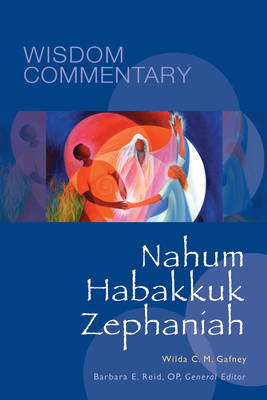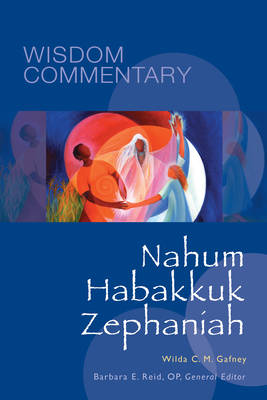
- Retrait gratuit dans votre magasin Club
- 7.000.000 titres dans notre catalogue
- Payer en toute sécurité
- Toujours un magasin près de chez vous
- Retrait gratuit dans votre magasin Club
- 7.000.0000 titres dans notre catalogue
- Payer en toute sécurité
- Toujours un magasin près de chez vous
Description
From the Wisdom Commentary series .
This volume offers a womanist and feminist analysis of the books of Nahum, Habakkuk, and Zephaniah, attending to translation and textual issues, use of power and agency, and constructions of gender and its significance for the real and metaphorical women in the texts. The unit on Nahum takes an unflinching look at God's role and rhetoric in the rape of Nineveh and considers implications for the women of Nineveh and Israel and for contemporary readers. Habakkuk is read employing a womanist stratagem, talking back to God. The section on Zephaniah explores the racialized history of interpreting "Cushi" in Zephaniah's genealogy and the figures of Daughter Zion/Jerusalem. The commentary also assesses these texts as scriptures of synagogue and church, their use and utility. A Jewish feminist reading and womanist hermeneutic accompanies each biblical book.?
Spécifications
Parties prenantes
- Auteur(s) :
- Editeur:
Contenu
- Nombre de pages :
- 264
- Langue:
- Anglais
- Collection :
- Tome:
- n° 38
Caractéristiques
- EAN:
- 9780814681626
- Date de parution :
- 06-09-17
- Format:
- Livre relié
- Format numérique:
- Genaaid
- Dimensions :
- 155 mm x 231 mm
- Poids :
- 521 g

Les avis
Nous publions uniquement les avis qui respectent les conditions requises. Consultez nos conditions pour les avis.






